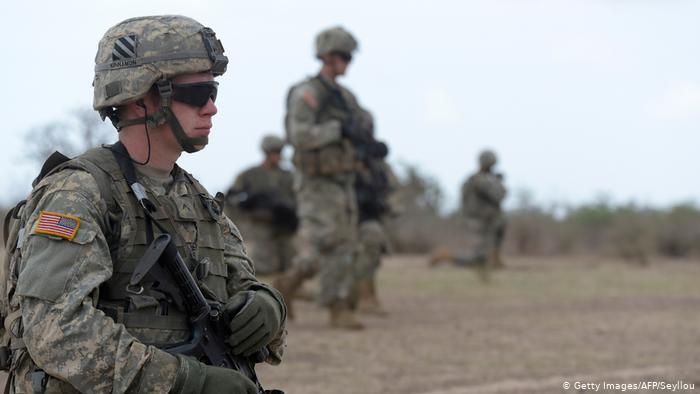The defence agreement allows the US military and civilian personnel access to certain facilities in Ghana and provide them privileges, exemptions and immunities equivalent to those accorded to the administrative and technical staff of a diplomatic mission under the Vienna Convention on Diplomatic Relations of April 18, 1961.
Ghana is also expected to benefit from aid package in excess of $20 million from the USA in the areas of training and grant.
But, in his suit, Genfi argued that the agreement was invalid because the ratification by Parliament was unconstitutional.
According to him, the President of Ghana failed to execute the agreement as prescribed by Article 75 of the 1992 Constitution before sending it to Parliament for ratification.
Article 75 (1) of the 1992 Constitution states: “The President may execute or cause to be executed treaties, agreements or conventions in the name of Ghana.”
Clause (2) of Article 75 adds: “A treaty, agreement or convention executed by or under the authority of the President shall be subject to ratification by: (a) Act of Parliament; or (b) a resolution of Parliament supported by more than one-half of all the Members of Parliament.’’
It is the case of Genfi that the President’s failure to execute the pact before sending it to Parliament makes the agreement null and void.
He, therefore, wanted a declaration from the Supreme Court that the Minister of Defence violated the 1992 Constitution when he laid an unexecuted draft of the agreement before Parliament for ratification.
Reliefs
Genfi, in his suit, further wants a declaration from the court that the agreement is not in the interest of Ghana because it excludes Ghanaian courts from adjudicating over its terms and conditions, while it also grants the USA unfettered access to Ghana’s borders and telecommunications infrastructure.
According to him, the agreement is also not in the interest of Ghana because “it waives the right to the enforcement of judicial rights of Ghanaians who may be adversely affected by the operation of the agreement’’.
The NDC stalwart is also seeking an order from the apex court to set aside the defence pact.
Brouhaha over agreement
Before and after its ratification by Parliament, the defence pact was criticised by opposition political parties such as the NDC and the People’s National Convention (PNC).
On the day of its ratification, hundreds of demonstrators marched to Parliament to protest against the endorsement of the agreement.
Some top opposition party officials stormed Parliament, wearing red armbands, to express their displeasure with the pact.
Despite assurances from the government that the pact will deepen defence cooperation between Ghana and the US, and further enhance the security of the country, critics say it means that Ghana has sold its sovereignty to the US.


 The Supreme Court has declared that the defence co-operation agreement signed between Ghana and the United States of America in 2018 did not breach any law.
The Supreme Court has declared that the defence co-operation agreement signed between Ghana and the United States of America in 2018 did not breach any law.





